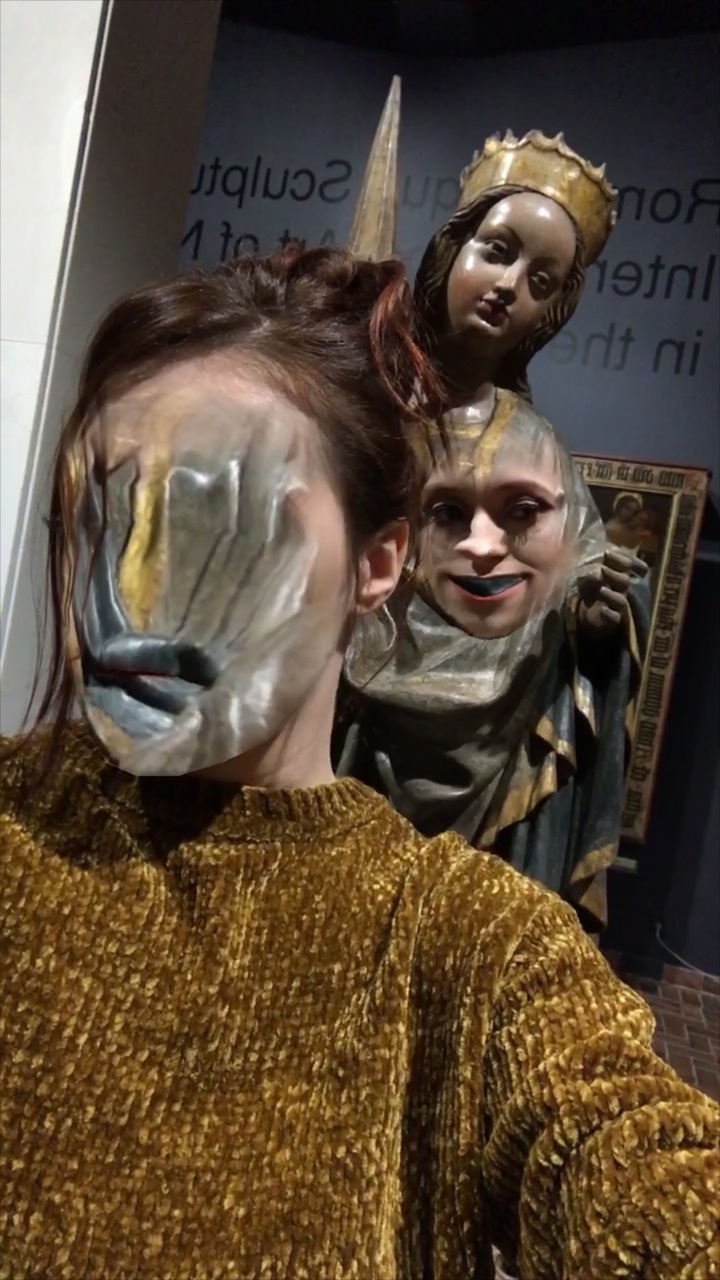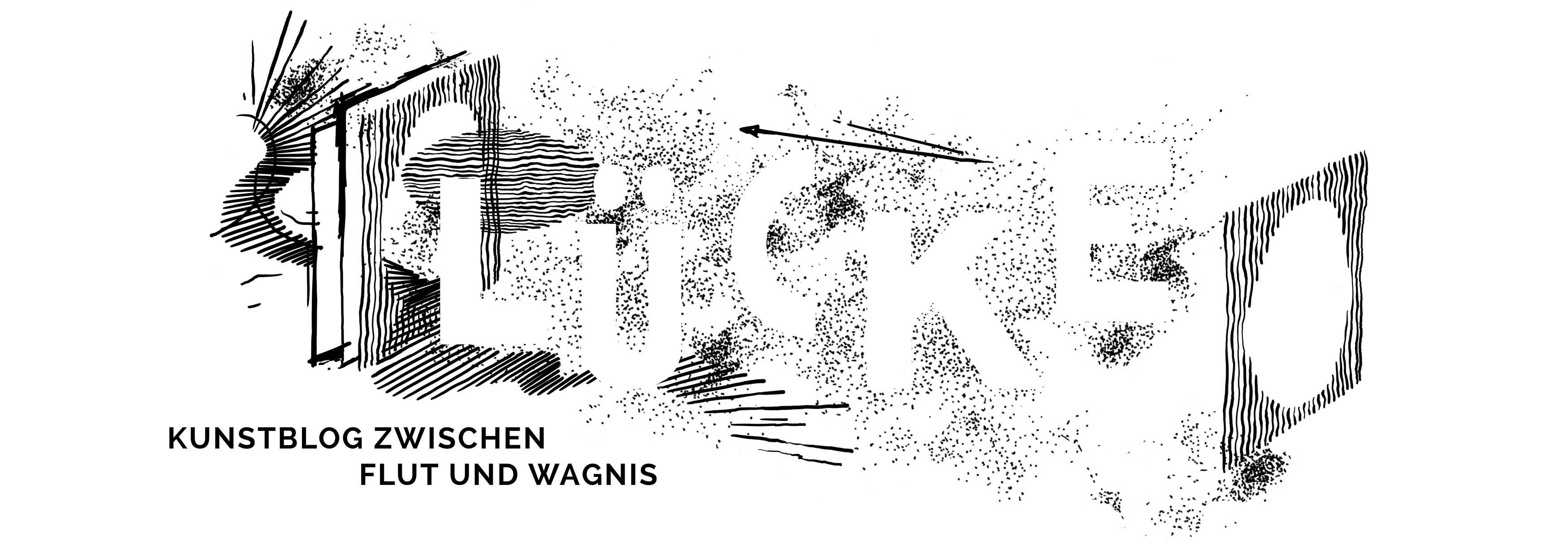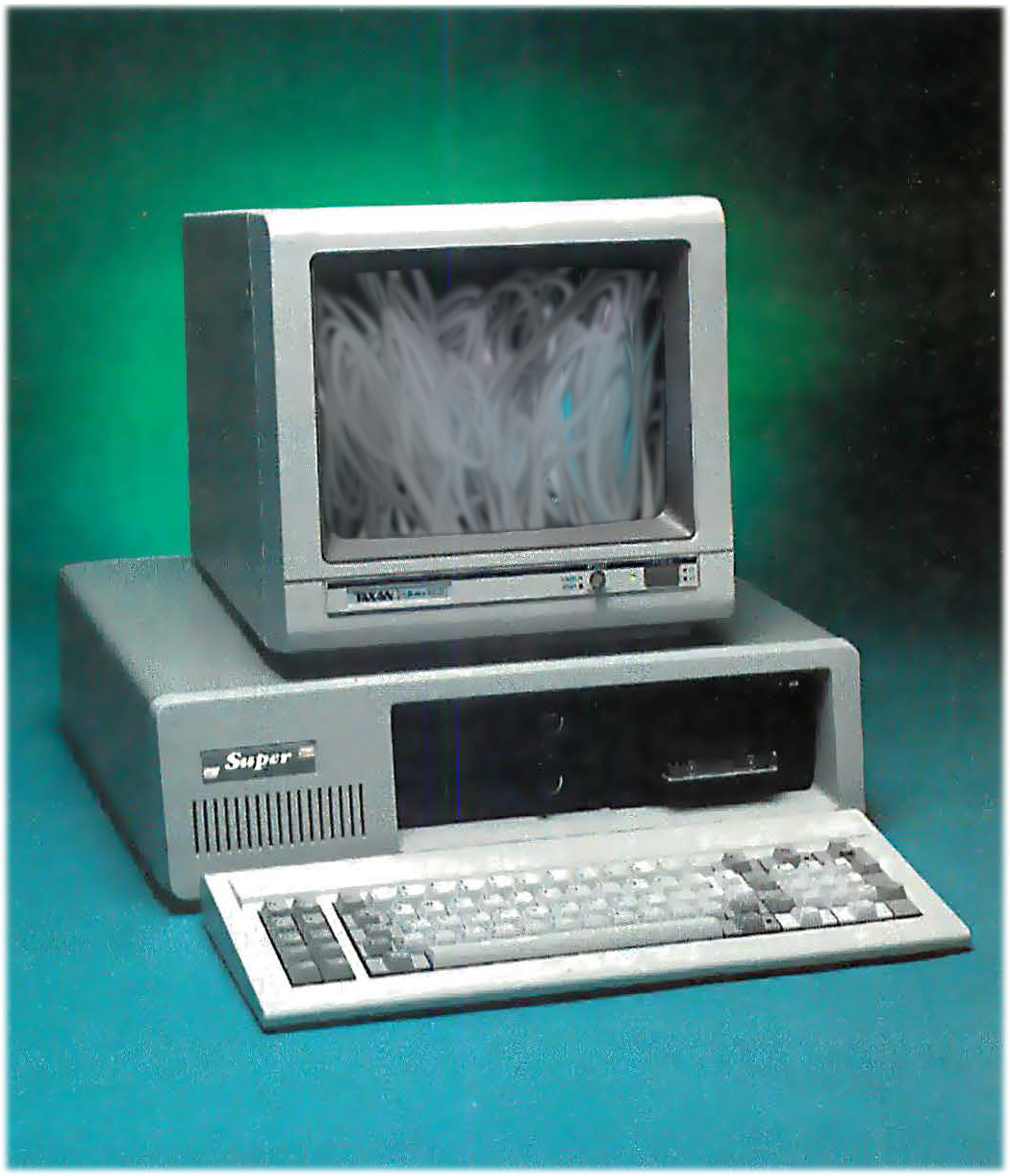Lauren Huret (*1984) lives in Geneva. On her website she writes: »If you arrive here, that means you are interested in what I am doing. I am truly thankful for this. I don’t put much stuff on the internet, because I am extremely suspicious about it.« LÜCKE presents an interview about paranoia, Snapchat, siblings and her fascinating art.
LÜCKE Lauren, do we live in strange days?
Lauren Huret I would spontaneously say yes. But I’m surely under influence: I just watched the new Adam Curtis, HyperNormalisation, I am always connected on the net to read news, I am always aware on what’s going on in the art world and in other worlds (the tech world for ex.). So I guess my perception is very much related to my intense active/passive activities on the net, glued to my computer. So I am embedded in contexts, systems, and structures that I am starting to perceive more and more as I grew up older. And all of this made me say yes, because I have obviously a twisted perception, and Internet is kind of increasing my inner paranoia. One year ago, I started a poetry club called the Global Paranoia poetry club because I wanted to use this paranoia material and transform it into something more fruitful. I believe that almost everything is a language and language is performative (language induces perception and so on). I gather on a daily basis articles, words, pictures, videos that I found exaggerated, paranoiac, pretentious, and this is my collage material. Regarding this everyday work, I started to be interested by internet-influenced feelings and I am genuinely concerned by the workers that are cleaning the net from all its problematic content (such a hardcore pornography, rapes, tortures, beheadings etc.). For them, days are not strange, days are surely cruel, wicked, inhumane. I have much more things to say, but I’ll stop here!
LÜCKE What is paranoia exactly for you? a confusing external power with invisible tentacles, which is observing us? or the loss of an inner independence?
Lauren Huret There are so many types of different paranoia! For me, I talk about an internet-based paranoia, a post-snowden/wikileaks/NSA/avid of chaos area. A sort of hypersensitivity that is increasing the way we are looking at the world now. I am trying to avoid having pictures of my face on the Internet – but I know there are some. And I also don’t trust the Internet in a sense that I am intentionally not posting works, or key information about myself. This is my own paranoia, based of »something we don’t know« or the »black box paranoia« in a sort. For a recent live performance work that I did with the American artist Hunter Longe, we worked on this effect of being perceived by a much stronger entity. The present public was scanned live by a sort of an old artificial intelligence, which has retired, active in the 90’s. This ancient AI is slow, a bit dumb, and is not working very well, but it has basic facial recognition software in it. I am not going to deliver the trick here, but people in the public were seen their identity revealed by the computer, with facts and info concerning them, found online. And in this post-snowden area, people were totally fine with this idea of having been detected by a computer. The public responded positively to something that would have been very scary few years ago.
LÜCKE But everything we were scared about, did become true. So maybe it’s not only post-snowden, but also post-paranoia. Did this change from years of paranoia to a knowledge about the surveillance came to quick? Sometimes it feels like science-fiction even if it’s not science-fiction any more. Is the Internet a much stronger entity than us?
Lauren Huret Stronger, I don’t know. But there are already so much myths and stories around Internet, which are all fascinating. We have a tendency to describe it as a vast ocean with its own will (Iike the ocean in the famous book Solaris by Stanisław Lem). For me, this metaphor is very important; I did a series of five videos called Deep blue dream (a contraction of several famous AI names) and it was all about being trapped in the screen and slowly moving into it, about liquidity, about how we link new technologies with the blue color, and how we link the internet with endless possibilities, technologies with infinite discoveries and so on. These metaphors are very prolific, and I use them to generate stories, rants and critical phantasms. For example, the last massive Ddos Attacks on 21st of October (or tests, we don’t know) on American servers are really captivating: it’s the iceberg’s top of a cyber-war. Break the rooters of the DNS name services company, and you create doom’s day. But to answer the question, I think now the internet is so much embodied with our economy and everyday habits that you can see it as a partner whom you can’t live without. I grew up at the same time as the Internet grew up, so I am seeing it as a really big shapeless sibling.
LÜCKE What exactly makes you suspicious then? The way your shapeless sibling is treated (by governments, intelligence agencies, GAFA, etc.)?
Lauren Huret As a paranoiac personality, I would say that this shapeless sibling is now for me a complex battlefield. I am suspicious because there is no possibility to know how your personal materiel is going to be used. The trust is gone: Big Brother is the entire network of Internet. But Big Brother is also us in a way, no? I don’t share much because I am sensitive on how my work is perceived. If you have a website, a facebook, an instagram and so on, you’re sharing parts of your everyday actions, parts of your artworks, thoughts, political opinions… and all this define a strange yourself in the imagination of people that don’t know you. You will always have an opinion about behaviors on the net: for example if a person share a massive amount of pictures of himself/herself, I wouldn’t be able to stop thinking »this person needs recognition/fame/love« or other stupid thoughts like this. That’s why I think the work of Amalia Ulman is very interesting and I think it took a giant courage to do what she did, to expose herself that much. For me, she’s revealing the online bullshits/fake online identity in a very dramatic way. She’s revealing the hate than everyone has, deep inside and that the net is bringing to light. Through an historic perspective, for the moment we are all very ignorant trolls.
LÜCKE Do you think that art has the purpose to face people with what’s going on, does art has to be critical regarding the status quo? (you mentioned Amalia Ulman and what her internet performances are causing, or your surveillance-performance with the facial recognition software)? Does art gives you the privilege to think about what’s going on?
Lauren Huret I can’t really answer to this, because I haven’t made my mind yet about the many roles of the art and the artist, if there are some. There are as many answers as contexts I suppose. Also I have no idea what a status quo is, even if I look it up on Internet. Doing art is a privilege, yes, in many senses, in many structures, on many layers. I guess what I really like in Amalia Ulman’s work is that her work is completely underlying the fact that internet is just another layer of reality. We buy it. I just did this workshop at the Kunsthochschule in Kassel about feelings and internet, and one of a student talked about a »fear to be convinced« by extreme type of discourse. Another student talked about imitation and mimicry when she’s looking at pictures of other women: so it’s a very media related problem, and my goal for this workshop was that they could have some tools to analyze themselves, to reflect about their behaviors and feelings towards the Internet. For the performance about facial recognition, it was totally literal: yes, we faced people with their own Internet identities.
LÜCKE Ok, how do your ideas correlate with decisions about certain aesthetics then? Or with your general attitude towards artworks? Do your artworks have an experimental character, regarding that you do a lot of research, thinking and investigation, which leads to performances, videos, installations, collages, books, etc.? Are your artworks different derivations (in different states) of your ongoing theoretical involvement?
Lauren Huret I think you nailed it: artworks as different derivations of an ongoing theoretical involvement. I try to read a lot, but since last year, I am really using some sociological and anthropological methodologies. I worked for three years in the research department at the fine art school of Geneva and I learned so much. So I am basically interviewing people a lot and writing questionnaires or test. These methods gave me a different type of knowledge, since I am deeply interested in what people think, to the most crazy, mystic and irrational thoughts. I am collecting weird data in a way, because my methods are parodies, pastiches of scientific methods. But the hard part is to produce something thrilling and visually interesting from this material, not just »I know that and you should know it too«. So for this part, I intend to be extra-sensitive and extra-attentive; I put myself on the edge somehow. The last thing I am working on is a video commissioned for an exhibition about Frankenstein and the gothic aesthetics. For me, potential links between the monster figure and artificial intelligence could be all the snapchat and other apps that are using software to recognize a human face: the software is us, it’s applying masks and modifying our own perception. I am fascinating by Kylie Jenner’s snapchat. My video is a woman walking in a museum, trying to exchange her face and her identity every time she sees a picture or a sculpture that look like a face. It’s a sort of frankenstein selfie culture, and I think it’s producing very impressive and new depictions of our presence.

Ways of non-seeing (artificial intelligence is hard to see), 2016, video (commissioned by the Musée d’art et d’histoire de Genève), 15 minutes, screenshot
*****
Interview by Joshua Groß.
All images © Lauren Huret.
Lauren Huret’s website.


Pingback: Aufmerksamkeit, Fame oder Liebe? – Kunstblog zwischen Flut und Wagnis